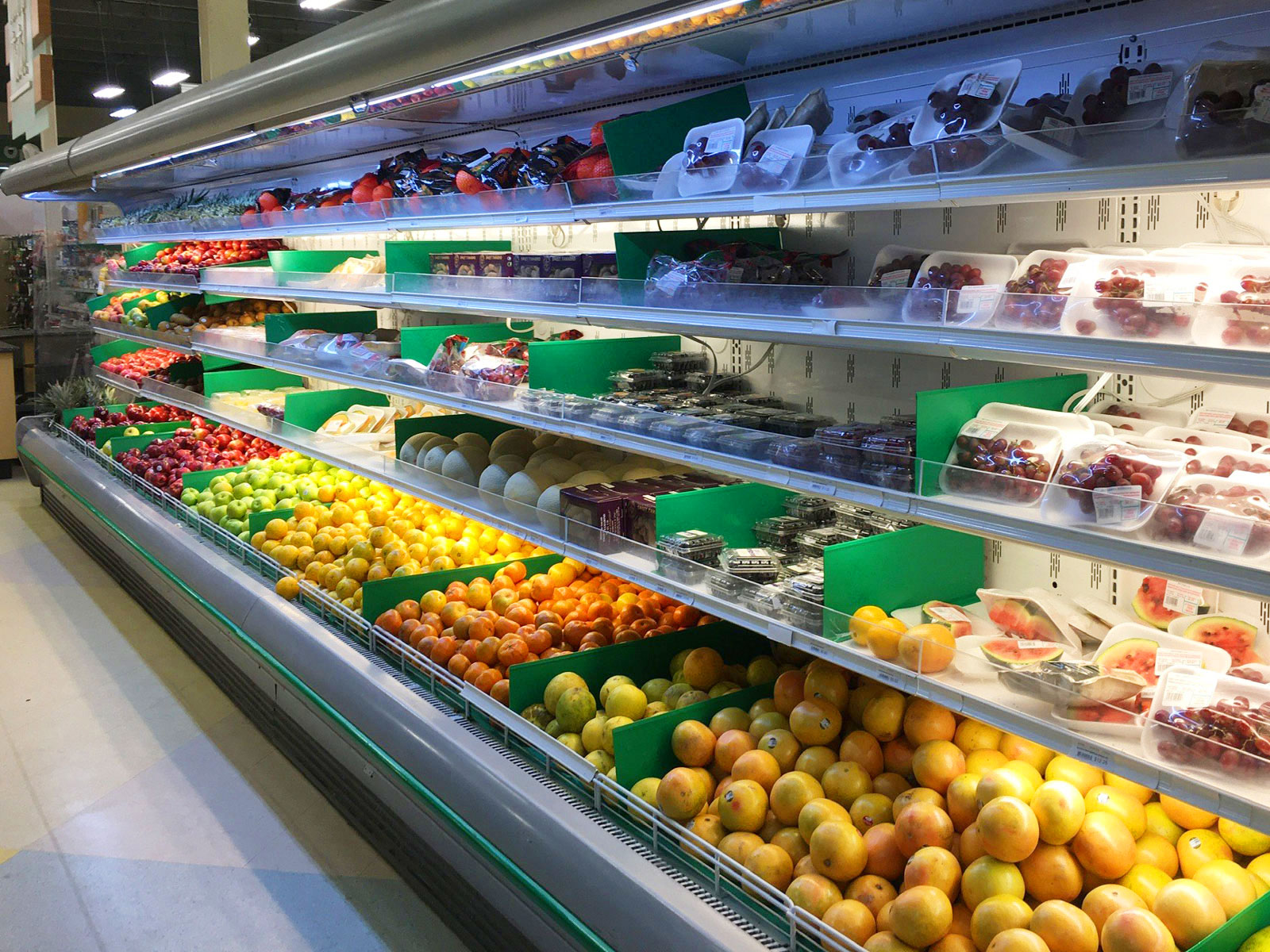
How Our Diets Impact Sustainability – Insights From A Public Health Expert
You may be wondering what your everyday diet has to do with climate change… and a few years ago I sat within that same position. Until I learnt that our aggressive production of some foods is harming the sustainability of our current environment.
Today, Farihah Choudhury, a recent postgraduate of the London School of Hygiene and Tropical Medicine, shares the small things we can do to improve our impact on the environment. Farihah’s interests include food policy, systems, sustainability, food justice and culture. This amazing woman is also a Public Health Practitioner in a UK county council, leading on their Healthy Weight Strategy. I first encountered her on Twitter (@NutritionFSC) in a few AfNutr monthly chats and then while remotely volunteering with Food For All UK. I have been enjoying her Instagram posts where she shares lots of insight on sustainability, thrifting and reducing food waste for people like me who are working towards a more sustainable lifestyle.
This post is the first in many on sustainability as it relates to eating habits and food systems. Farihah is also featured on this month’s #NutriChat on sustainability and diet! (details will be on my Instagram @NourishbyCH). I’m excited to have Farihah share her expertise with us!

To find more of Farihah, you can follow her on Twitter @NutritionFSC or check out her Instagram @easypeasysustainability.
There was a time many years ago when I thought nutrition and planetary sustainability were two far removed issues, neither having a palpable impact on the other and that environmental issues were more about gas-guzzling cars and single-use straws. Slowly I started to realise that our diets, and by extension, the global food system, were one of the largest contributors to global warming and climate change, as well as habitat destruction, water scarcity and a host of other environmental issues. The sheer volume and demand for food, particularly animal products, has engendered a global appetite for supplying unsustainable amounts of food.
As many local and national authorities in the world are declaring a climate emergency, it is extremely important now more than ever as practising nutritionists, to incorporate sustainable eating into our practice. Indeed, it is possible to have both a sustainable and healthy diet – which is where nutritionists come in.
Read More »How Our Diets Impact Sustainability – Insights From A Public Health Expert“Sustainable Healthy Diets are dietary patterns that promote all dimensions of individuals’ health and wellbeing; have low environmental pressure and impact; are accessible, affordable, safe and equitable; and are culturally acceptable”
FAO, 2019

